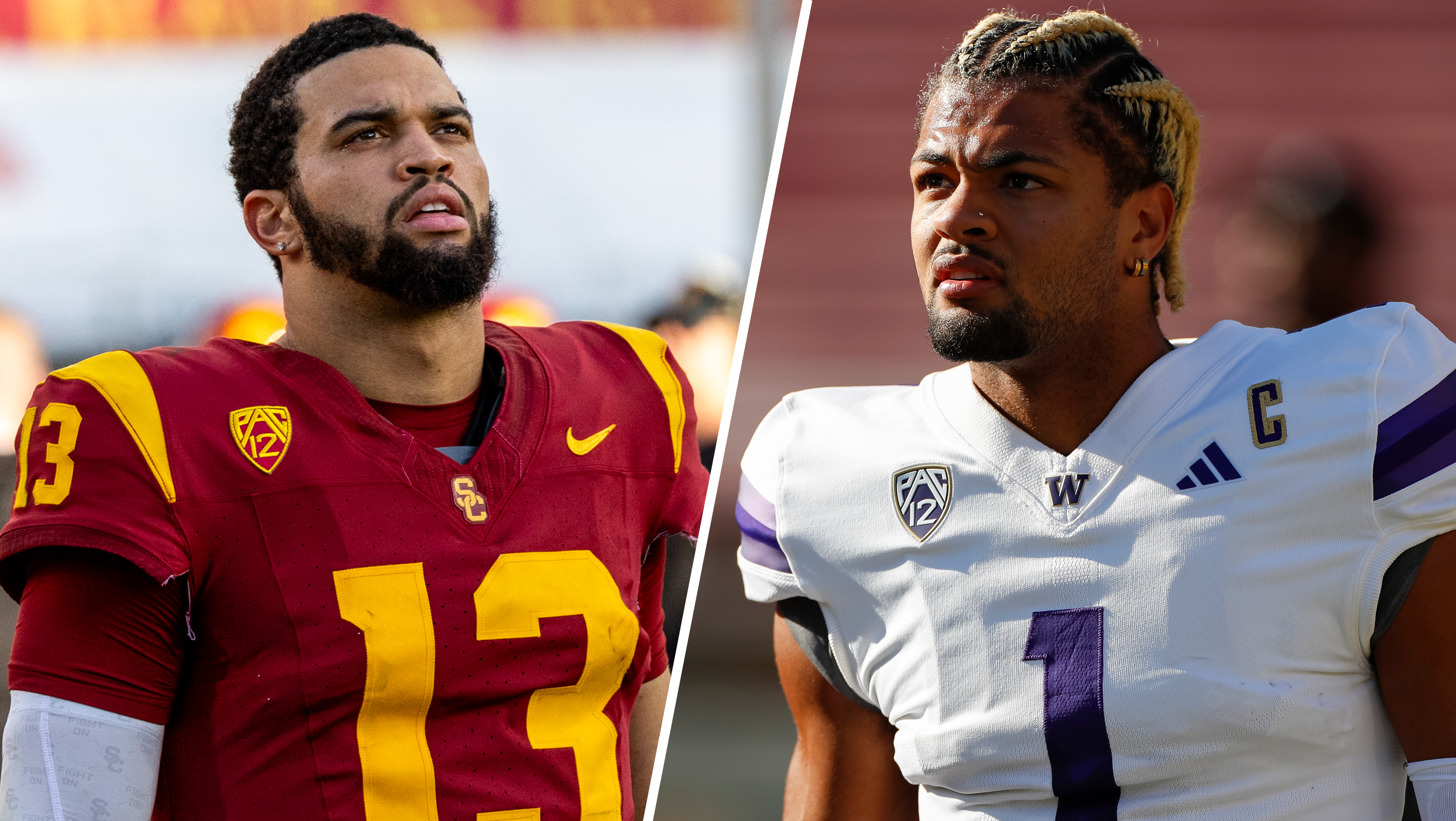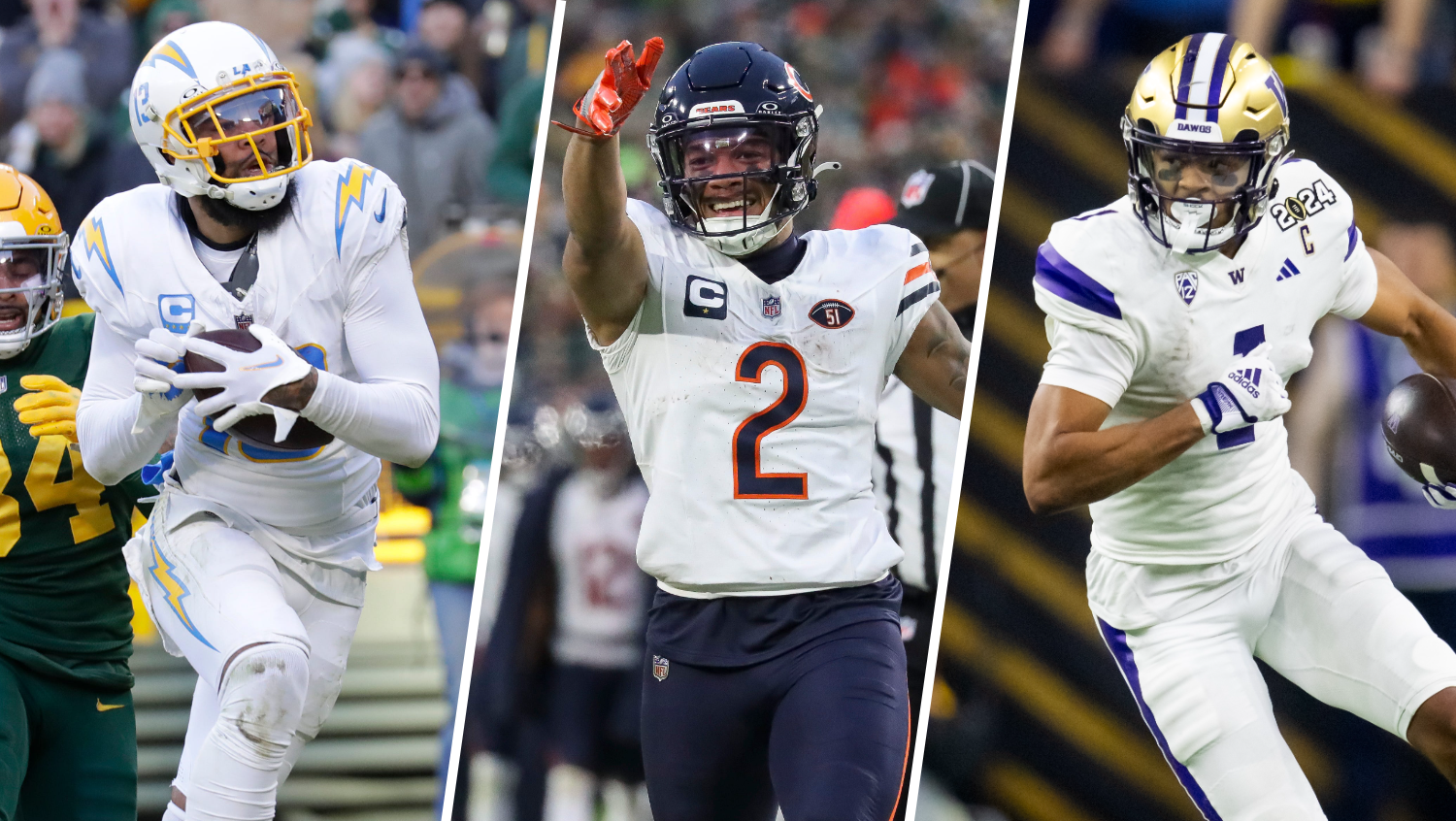Something isn't completely adding up from all that did and didn't happen for the Bears through Thursday's early hours of free agency.
If there was a mildly surprising side to the day, it lay in two places: some of the "no-way!" money flowing to some very mid-range talents. That happens in varying degrees every year.
The second, however, was the Bears pulling some of their financial punches. Why? Because simple explanations don't completely make sense.
The popular narratives of "Bears are cheap," "Nobody wants to play in Chicago" and "John Fox and Ryan Pace are one-and-done, win-or-else" somehow don't add all the way up when trying to get a handle on why none of the apparent top players at positions of Bears need chose Chicago.
Dead-coaches-walking? Maybe. Hardly necessarily. Fox and Pace haven't been given, nor would explicitly ask for, guarantees beyond 2017. Ownership will be looking for solid signs of program turnaround, but does anyone really think the Bears are a 3-5-win team again in 2017? Could happen – anything's possible – but 7-8 wins with another strong draft class likely demonstrate progress. If matters were so desperately dire, the absence of premium signings or letting go of safe veteran QB Brian Hoyer would have left blood on the Halas Hall walls Thursday night.
Players simply not wanting to come to the Bears doesn't work beyond one here or there. Cornerback A.J. Bouye would leave Houston for Jacksonville but not Chicago? Baltimore tackle Ricky Wagner saw more upside in Detroit with the Lions than Chicago and the Bears? (Maybe he just saw the $9 million/year the Lions were paying?) Alshon Jeffery just couldn't wait to bail on a Bears team and teammates who voted him a co-captain last year, and whom Jeffery thought enough of to declare after the last game would win this year's Super Bowl? Hyperbole aside, really?
Bears-cheap doesn't explain enough.
NFL
Various sources around the league said that the Bears stepped away from matching offers to two of their top choices because the prices got too high. Which two isn't the point. Suffice it to say that the Bears stayed too low to get Buffalo cornerback Stephon Gilmore, who went to New England; Arizona safety Tony Jefferson, signed by Baltimore; Wagner, grabbed by the Lions; and Bouye.
Why did they do that, when they obviously had the money, and the permission to use it?
Pace and finance chief Joey Laine established parameters/limits on what they were willing to pay whom. Ownership has said explicitly in the past that money would not be the prime basis for personnel decisions (as in whether to stay with Jay Cutler vs. absorb a big guaranteed-money hit by cutting him in 2015).
[RELATED: On the receiving end: Bears add WR depth with Markus Wheaton as Alshon Jeffery exits with 'pay cut']
The Bears have spent major free-agency money on Pace's watch and attracted players from elite programs: a five-year deal for $38.8 million to Pernell McPhee, who'd won a Super Bowl ring with Baltimore; $24.5 million over four year for Danny Trevathan from Super Bowl-champion Denver; Josh Sitton, cut by Green Bay last September, went no farther than Chicago and the Bears' three-year, $21 million deal with $10 million guaranteed.
The Patriots reached out to Akiem Hicks last March, hoping to get him back. Hicks instead chose the Bears and a two-year deal with half of the pact's $10 million guaranteed.
Legions of players suddenly don't fancy Chicago? Follow the money.
If the Bears didn't keep upping the bid for a Gilmore, why not? They had the money. Hicks, Trevathan, Willie Young and others would've sold the Bears.
Or did the Bears look at Bouye, picking one, and decide that an undrafted free agent with one standout year as a starter behind arguably the NFL's best front seven might not be a sound target at $13.5 million per year, in a year when the draft consensus is that the cornerback class is perhaps the best ever, with starters to be had as late as the third round?
Or did the Bears like Jefferson, go to the limit of their "parameter," and make a decision that, holding the No. 3 pick of the draft, LSU's Jamal Adams or Malik Hooker of Ohio State offer "great" instead of just best-available-free-agent?
Understand: Pace and his front office, as every NFL organization does, have an integrated strategy that incorporates both free agency and the draft. And it factors in an element of "time" – what will needs be in 2018 and what players will be coming available via both free agency and the draft?
Case study: The San Diego/Los Angeles Chargers had edge rusher as their No. 1 need last offseason. They ignored the position in free agency, then used the No. 3 pick of the draft for Joey Bosa.
Pace indeed operates from a core philosophy and plan. Nothing says it's a good plan or the philosophy will translate into right choices. But somehow a lot of the narratives flowing out of early Free Agency III under Pace just don't all add up.
Who's in charge? Clear answer
One narrative circulating around the Bears over the past couple of years is who was really in charge of football operations around Halas Hall: John Fox, the coach with the NFL seniority? Or Ryan Pace, the younger GM who hired him? Since Fox was dictating certain internal policy and was seemingly the stronger public persona, some takes were that he was really the big hammer.
Events of the past week or so should have corrected any remaining misperception on the identity of lead dog. Sources said that a segment of the offensive coaching staff strongly wanted to stay with Brian Hoyer, which is not surprising or even unusual, having differing opinions on something like a quarterback.
The decision instead was for Mike Glennon, who is considered a roll of the upside dice rather than the safe Hoyer option. I texted one veteran agent in the wake of this decision and the others of the week, mentioning that it was funny that some opinions still held that Fox runs things. Came back the reply: "Not at all. It's all pace[sic]."
It obviously isn't really all Pace; at this level and with all that hinges on these decisions, consensus is an objective on the way to a collective goal. But if there still were any questions on the decision-making hierarchy, there shouldn't be now.


